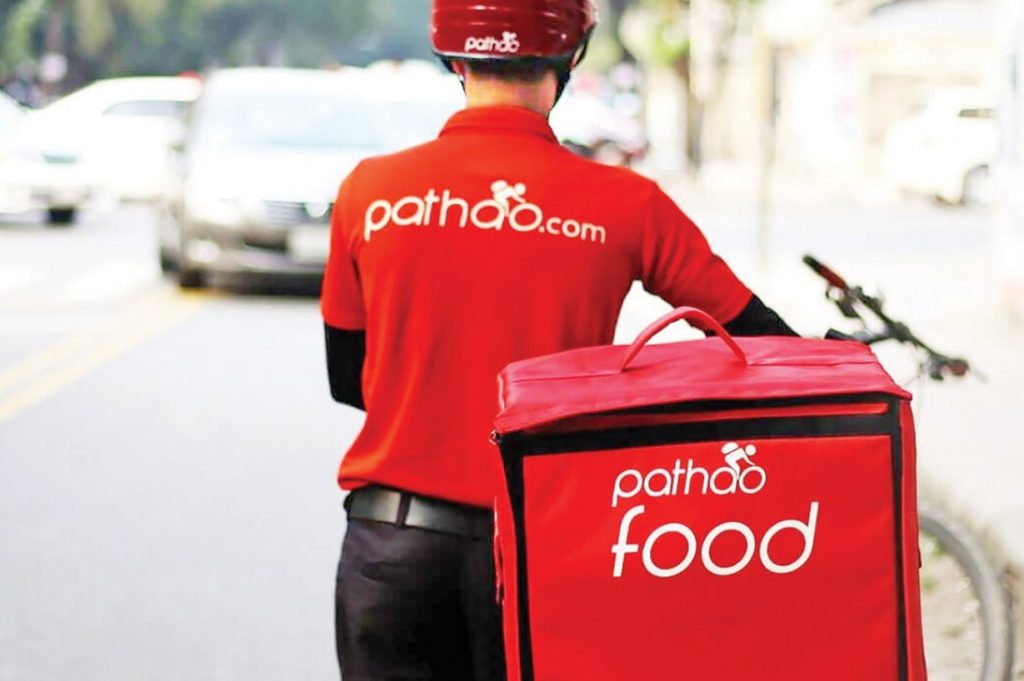Recently, Pathao, the ridesharing startup, laid off three hundred employees as part of a ‘significant restructuring.’ Several analysts and investors have stated that this is because of investors backing out in the face of impending regulatory reforms, with the government about to issue licenses for the various ride-sharing companies operating in Bangladesh.
The Pathao situation illustrates the pitfalls of expanding too fast. Although Pathao started off with a courier service and ridesharing bikes, it has expanded in the past few years to ridesharing cars, payment services and food delivery. It has also started operations in Nepal, and significantly increased its marketing expenses, launching a TVC and sponsoring the last BPL tournament.
While this seems like a unique situation in Bangladesh, in reality most fast-growing startups face several roadblocks on their way to stable growth.
According to a study by the Kaufmann Foundation and Inc, roughly two-thirds of fast growing startups end up failing.
There are several reasons why these startups fail. Often, when they expand, the focus is on internal growth and operations instead of customers. While Pathao had a good customer fit with its operations when it was focusing on its bike sharing and courier businesses, perhaps the focus got blurry over time as it expanded into more markets and expanded its verticals. In a sense, it was emulating the kind of growth previously seen with the likes of Uber, but perhaps that’s more difficult to do in an environment like Bangladesh.
At the moment, Pathao has to cater to a much wider range of customers than it initially had to, and there’s stiff competition in most of those markets, too. While Pathao has depended on its food delivery and courier services to make a significant portion of its revenue, its ridesharing services have always struggled in a saturated market. There only seems to be room for two competitiors in the ridesharing space- other companies like Muv have failed to scale.
Did Pathao scale too early? That’s debatable. But it might be that its average customer acquisition cost has increased with the added focus on new verticals. In a market where customers are always on the lookout for discounts, it’s harder to maintain a consistent customer base when they are ready to switch to competitors at the drop of a hat.
Of course, one of the costs of getting bigger is that you have to get more organized. Smaller startup teams are used to working fast and loose, but that doesn’t translate well to bigger teams, especially when you have many departments. The firm has expanded its workforce by a significant margin, but have it’s revenue and profits grown on a similar scale? This might be an example of ‘hiring ahead’: where people are being hired ahead of the need, which means that new operational expenditures don’t generate a concurrent increase in revenues.
It’s hard to say that Pathao isn’t doing good things, but perhaps it’s doing them out of order.
It has approached several markets with the mindset of an established company chasing down opportunities, but that’s a dangerous gamble to make when things are still in flux. The goal of a startup, of course, is to not be a startup anymore, but as is apparent from recent events, Pathao is still some ways off from achieving that goal. It’s focus on doing ‘big company’ things at this stage, such as significant marketing expenditures (was a TVC really needed, for instance?) may be a sign of premature scaling. That’s a big reason startups use up their cash flows, which leaves less room for them to adjust to the market and fix their product and operations.
As Pathao course corrects for the foreseeable future, one can hope that it takes a more mature approach to scaling. As a leading startup in the Bangladeshi landscape, Pathao has inspired countless others to get in the startup game. As it stands, it will be a blow to the startup ecosystem’s morale if Pathao does end up running aground in the near future.
